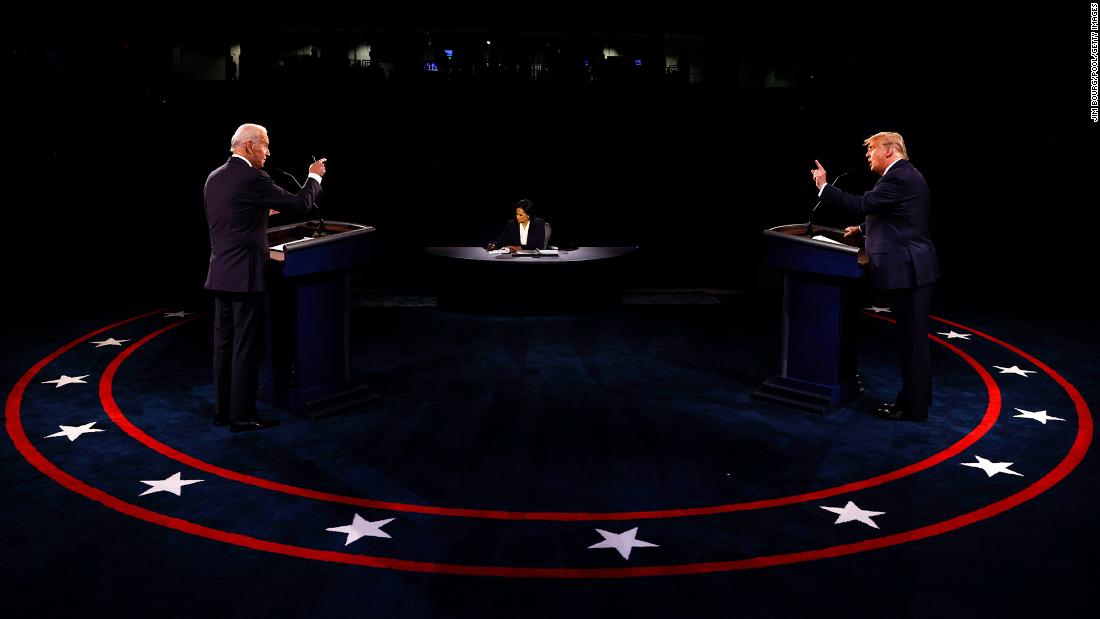Dr. Siddhartha Nadkarni, a neurologist who reviewed Mr. Bowers’s medical records, said that the defendant, who is 50, had been involuntarily committed to psychiatric facilities three times and had attempted to kill himself at least once. He also said that as a child, Mr. Bowers experienced hallucinations and once tried to set his mother on fire.
“I think he’s unable to interpret the world correctly, or inhibit behavior based on his misinterpretations,” Dr. Nadkarni said, adding that Mr. Bowers’s mental afflictions and his paranoia created a kind of “kindling” that could have been stoked by, among other things, virulently antisemitic posts on social media.
Expert witnesses for the prosecution disputed many of these contentions. They described Mr. Bowers as an isolated man who had been emotionally abused as a child, but who was neither seriously mentally ill nor delusional. Some of his most extreme beliefs about Jewish people, immigrants and white supremacy, were not the creations of his own mind, one expert witness said, but were shared by “thousands and thousands of people” in online forums and right-wing radio broadcasts.
“The defense experts who testified that the defendant had delusions,” said the witness, Dr. Park Dietz, a forensic psychiatrist who has been consulted in a number of high-profile capital cases, “simply mistook very ordinary widespread white separatist beliefs for delusions because they weren’t familiar with them.”
Through the testimony, a detailed portrait emerged of the defendant’s planning before the synagogue attack.
Under lengthy cross-examination by prosecutors, Richard Rogers, a forensic psychologist called by the defense, said that Mr. Bowers told him he had begun preparing for an attack six months before he carried it out, and that he had considered other targets, including a Jewish center near the synagogue and an unnamed Jewish person who lived in Cleveland.
At one point, Dr. Rogers testified, the defendant said he had thought of pumping poisonous gas into the synagogue, but decided that the plan was impractical. He told Dr. Rogers that he shot some of his victims in the abdomen because he wanted what he called “messy kills.” Years after the attack, Dr. Rogers testified, Mr. Bowers believed that he deserved a parade and medals for what he had done.







More News
The Colorful Anticipation of Hearing 3 Short Words: ‘And They’re Off’
Opinion | What Medical Stories Do We Trust?
A Battle Over Beer Split a Texas Town’s Biggest Party